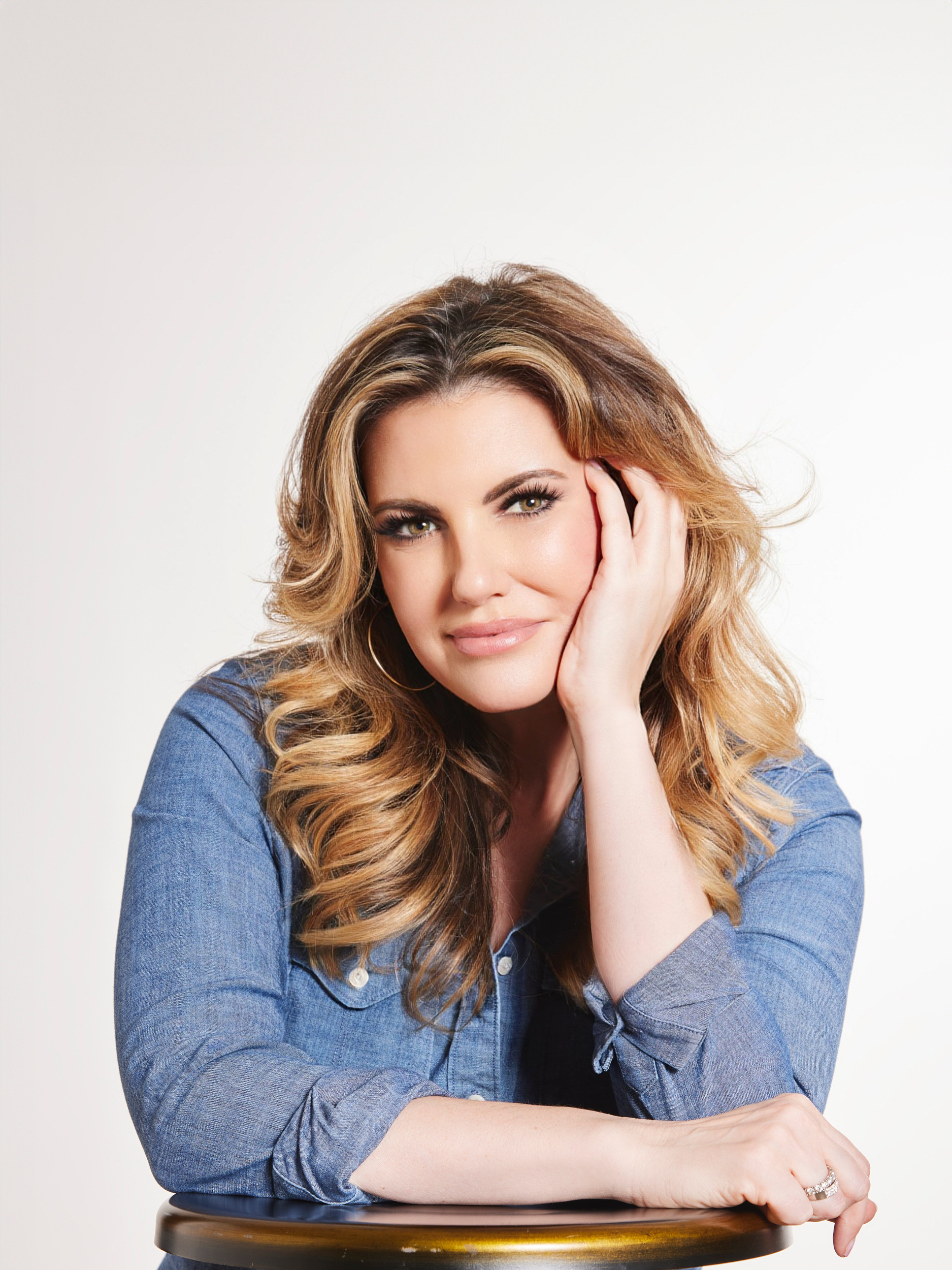
UpJourney: What to do when a friend is ignoring you
November 28, 2022

Feeling ignored by a friend can be challenging when trying to connect with that person or figure out what is wrong. In an article on Upjourney, our own Cory Montfort shares ways you can work through the frustrations, or approach the situation in a way that moves the friendship forward. Below are her thoughts.
“It is understandable to feel lonely, frustrated, or even hurt when you keep trying to connect with a friend who resists those efforts. If you think a friend is ignoring you, here are some things to consider:
Don’t automatically make it personal
Yes, it affects you, but when friends distance themselves, it may have nothing to do with you. If you check in with them and they tell you it does not involve you/your friendship, believe their answer.
There is nothing worse than needing space for personal reasons and then having a friend who needs frequent reassurance getting in the way of that. So, if they say it has nothing to do with you, even if you feel they aren’t being honest, believe them anyway.
This belief does two things:
- It gives you a chance to continue interacting with them in a non-anxious way.
- It holds the other person accountable for speaking up honestly if they want things to change between you instead of the passive-aggressive “I’m fine” approach.
Don’t get defensive
Don’t immediately get your shackles up if your friend lets you know it was something you did or said. I know that is our first instinct, especially when it wasn’t our intention to hurt them, but the other person’s experience and feelings are still valid.
It’s best, instead, to remember a time you felt upset with someone else and communicate empathy from that place. Don’t jump to a place of being made “wrong” when a friend feels hurt.
It’s okay to remind them how much you care, even if you feel misunderstood.
Give space
If you have an anxious attachment style, you will tend to handle distance or conflict by wanting more attention and validation, but your friend may, in fact, need distance to feel better.
Try acknowledging your hurt feelings without spending your whole day obsessing over them or demonizing their actions.
Understand that your friend might be genuinely focused on another aspect of their life. They may also worry that giving you more of what you want/need will trap them in a place of feeling weak or lacking autonomy, which may lead to them seeking even more distance from you.
Find alternatives to talking it out
If you have had a disagreement with your friend, try to appreciate time away from the conflict.
Friends can often revisit the conversation once the dust settles, usually while doing something you both enjoy, instead of having a serious sit-down conversation. It helps to go for a walk, play sports together, or even watch a movie.
These indirect ways of reconnecting can often provide the non-anxious space required for friends to have more rational conversations about what is going on for each of you.
Another thing you can do while holding space for your friend is to concentrate on yourself:
- Read a book you’ve wanted to pick up.
- Learn a new skill.
- Spend time with other friends.
- Distract yourself from the anxiety of the topic. Your brain and your relationship will thank you.
Let some things go
When friendships clash, remember you’re just two individuals trying to get to the truth that will bring more joy into your lives.
The more you embrace your baggage, talk about it, laugh at it, and admit that some things will always set you off a little, no matter what you do, because you are both flawed humans, the easier and more peaceful things will feel between you.
Big fights don’t necessarily signal that a friendship is falling apart. Sometimes they signal that you’re working hard to reach a new level of friendship.
Trying to figure out who is right/wrong won’t help in moving things forward or finding new ground to stand on as friends. And in some cases, the old “Let’s agree to disagree” statement can be effective for areas or subjects where you just can’t find common ground.
Reconsider your friendship
Of course, it’s always preferable to attempt to understand your friend’s perspective and work to grow together in a friendship, but there are times when you genuinely need to reconsider staying friends with someone that isn’t reciprocating your bids for connection and repair.
If you find that the relationship continues to feel one-sided, it is absolutely okay to grow apart and give yourself a chance to cultivate a healthier dynamic with another person.”

Cory is a licensed professional counselor and board-approved supervisor in Texas with extensive experience in mental health, crisis intervention, and relationship counseling. With a background in education and a Master’s in Counseling from Southern Methodist University, she specializes in supporting individuals, couples, and families. Beyond her clinical work, Cory is a dedicated community leader, having founded the nonprofit Together Richardson, acquired Richardson Living Magazine, and served on multiple leadership boards. She is passionate about blending professional expertise with faith-based mental health initiatives through her work with Beacon of Light.
accept
We use cookies to improve your browsing experience and ensure the website functions properly. By selecting 'Accept All,' you agree to our use of cookies.
© Tmg XXXX
Brand & Website by Writefully Said
Contact our office:
The Montfort Group is a highly-trained team of professional therapists in Plano, TX providing counseling and support for individuals, couples, teens, and families.
Stay Connected
Schedule Now